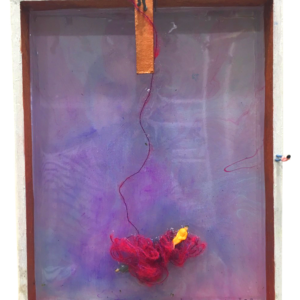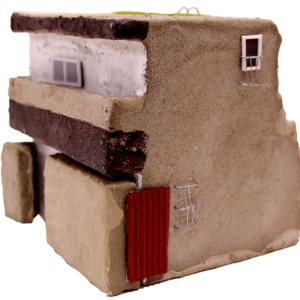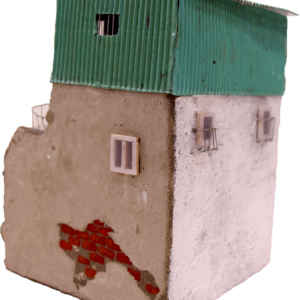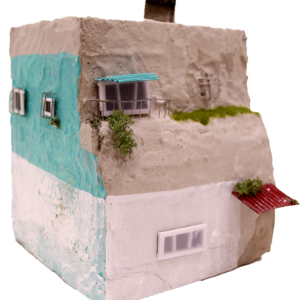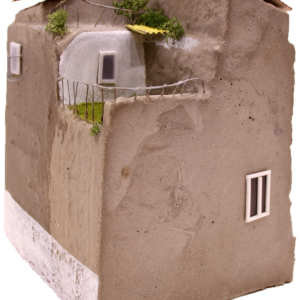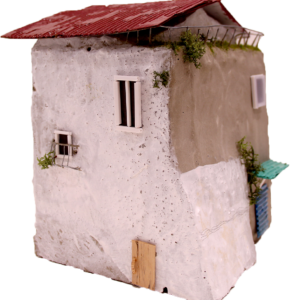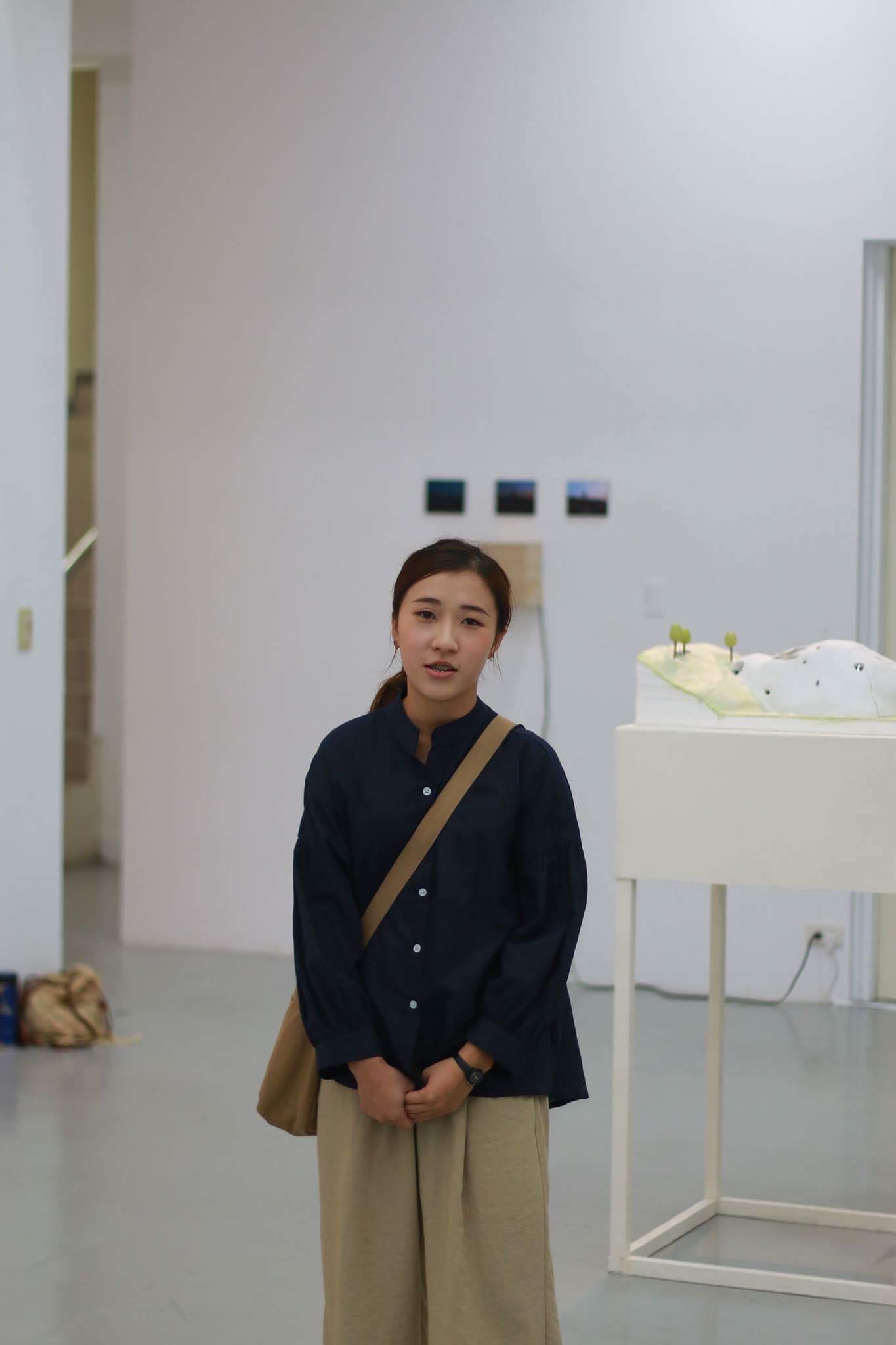
王以辰 Wang Yi Chen
Born in 1995 at Yilan, Wang Yi Chen graduated from the Fine Arts Department of National Taiwan University of Arts.She went up north for studying at Fu-Hsin Trade & Arts School. Because the depressions and anxiety in an unfamiliar environment, she began to pay attention to the emotional connection between people and the space.
She used composite media to build the construct of “home”—a field that creates memories, imaginations and dreams, while maintaining privacy and belonging. The “home” here is a definition of a specific regional place, but not means that ‘’ home’’ stand for the same symbolic to everyone. They turn from the image of “home” to a certain “place” created by people’s heart.
“Place” can gradually transform and separate itself into the spatial concept of belonging and familiarity in the process of being created and lasting memories, so that people’s direction and position can be more stable and clear.
Regardless of residence, environment or social class, gender and race, where is the “home” in people’s minds? Using different angles and methods to find out the definition of ‘’place’’, which can also be a concrete existence or an spiritual image.
“With globalization, we can travel around the world and settle down where we want to live. When we integrate into this place, we become the people of this place. When we build the house here, will there also be a “home” to me?
Wang Yi Chen used her delicate and peculiar little series of “Houses ” to raise questions about her background experience and the concept of “fields” that the society needs to sort out.
